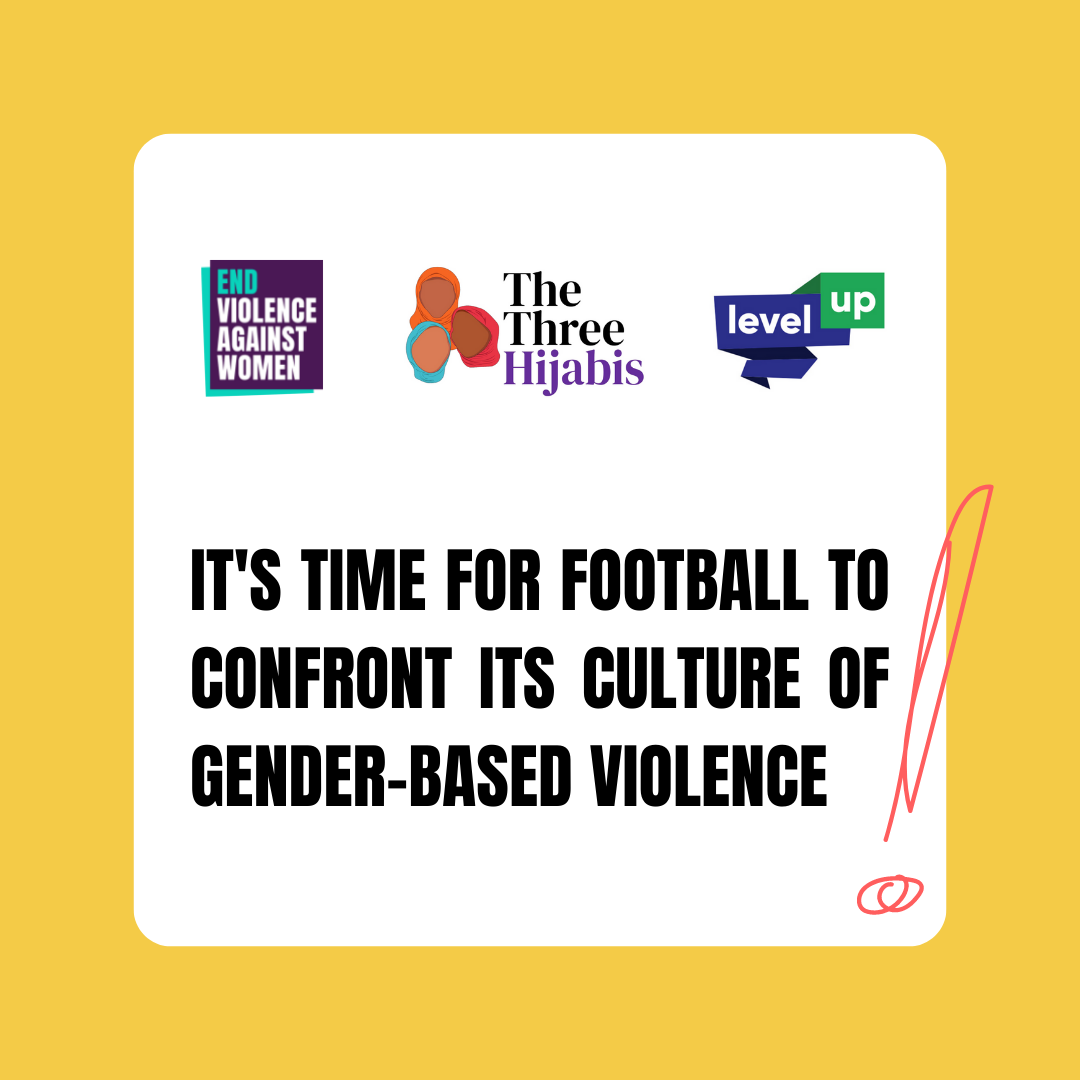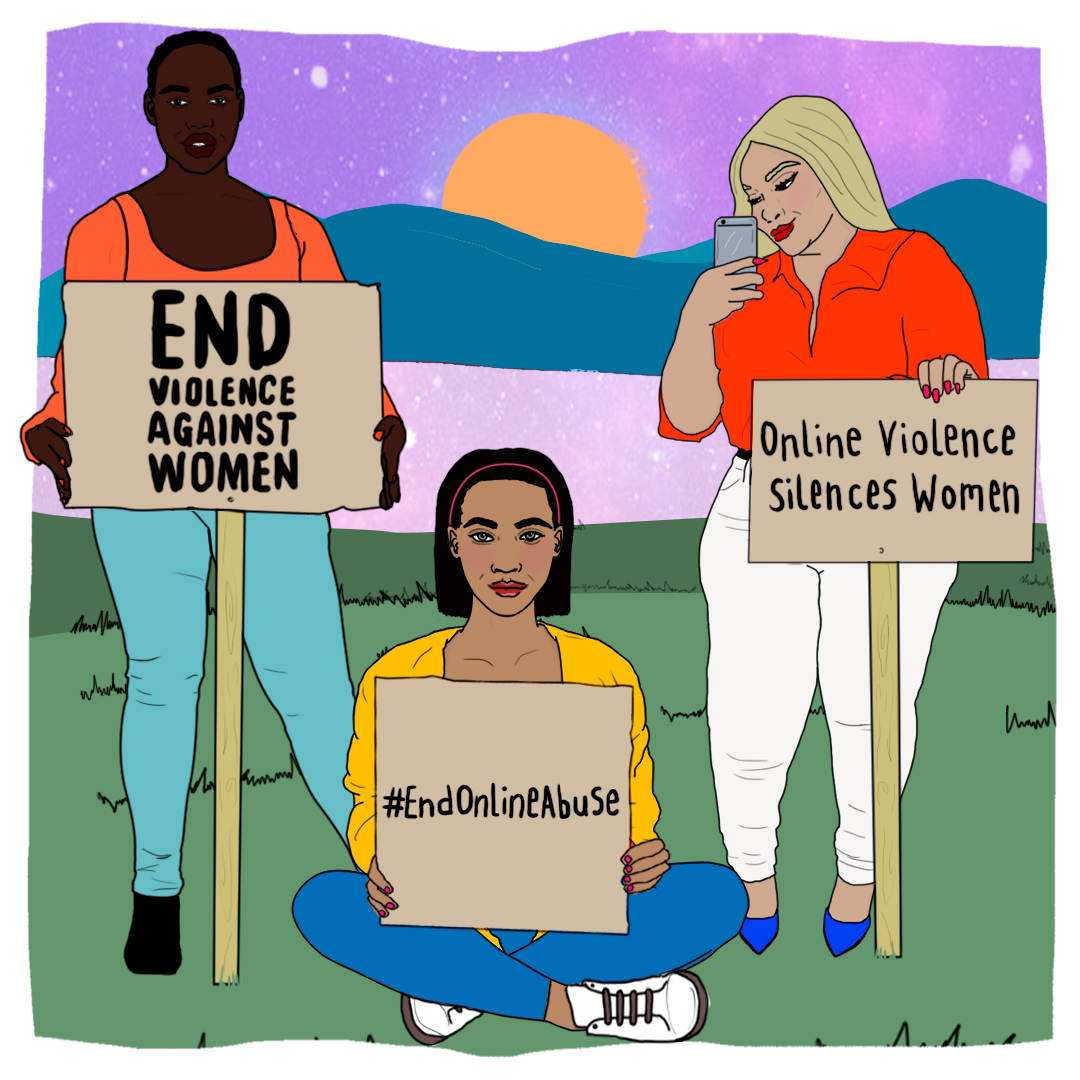
The Covid-19 pandemic caused a secondary crisis for women and girls facing abuse. We’re calling on government and other leaders to provide funding and support for survivors and services facing increased demand.
Updates
- November 26, 2021Ministry of Justice (MoJ) statistics released last week (18th November 2021) showed that for the 12 months ending June 2021, there were increases in p...
- March 23, 2021A year ago, several key umbrella organisations in the VAWG sector came together at the start of lockdown to issue a joint call to action to the Govern...
- September 08, 2020READ the full report here: Glitch and EVAW, The Ripple Effect, Online abuse during COVID-19, Sept 2020 Call on Government and tech companies to step u...
DOWNLOADS
Rape Crisis centres provided 1,094,467 sessions of specialist support in 2020-21 – a 41% increase on 2019-20, due to emergency funding received during the pandemic, but waiting lists increased at an even faster pace
Refuge places in England shrunk by 41% in March, April and May 2020 compared to the same period in 2019, largely due to lack of move–on accommodation and concerns regarding managing the spread of the virus
The National Domestic Abuse Helpline received 40,000 calls from women, family members and professional in the first three months of lockdown, an 80% increase on pre-pandemic figures.
The pandemic has thrown numerous new challenges at women, particularly those experiencing domestic abuse or going through criminal or family justice systems. The pandemic landed on top of an already dire situation of abuse and violence against women and girls. While the Covid-19 pandemic and isolation requirement themselves do not cause abuse, they created a ‘conducive context’ for it.
Women and girls facing lockdown with an abusive partner or family member found themselves in increasingly tense and dangerous situations with few options for space or outside support. The isolation requirement of the Covid-19 crisis increased the likelihood of sexual violence against partners in the home, sexual abuse of children in the home and sexual exploitation of children online. Reliance on web-based support and information services increased among those trapped at home with perpetrators and unable to make private phone calls or arrangements to leave. Survivors already going through the criminal justice process also faced extended delays to their case as the court system effectively shut down.
Since the start, we’ve advocated for speedy and unbureaucratic provision of emergency funding for frontline services supporting survivors – particularly those led by and for Black and minoritised women, public attitude campaigns aimed at potential perpetrators and bystanders, and immediate removal of the ‘no recourse to public funds’ condition that prevents migrants from accessing refuge spaces and support. The ongoing management of the pandemic must factor include strategies to protect women and girls and prevent assaults and murders before they happen.
OTHER CAMPAIGNS




